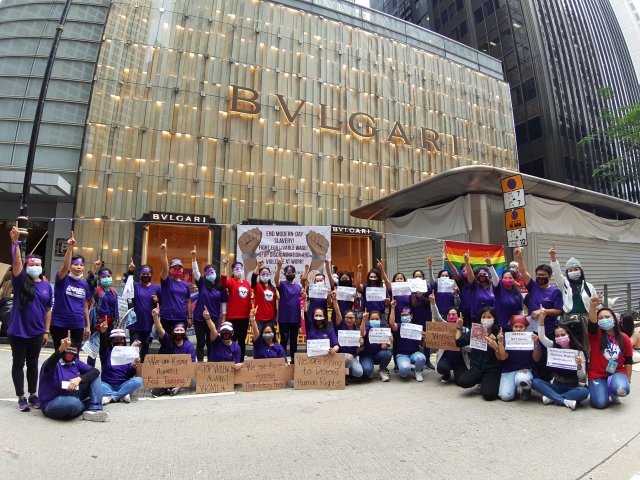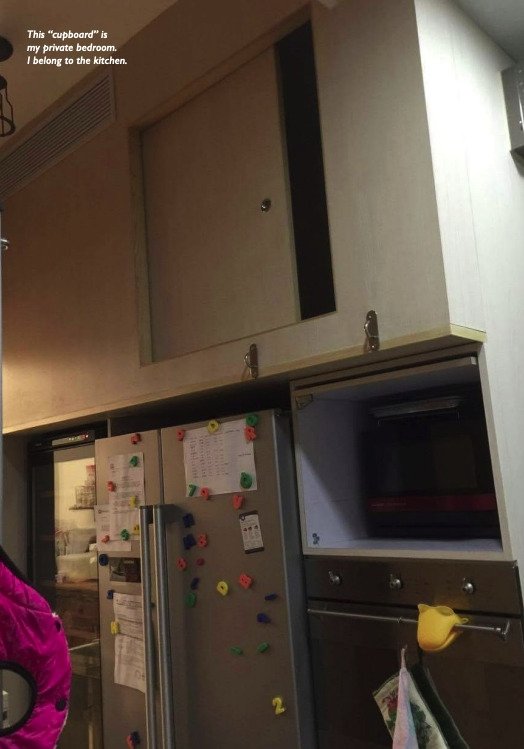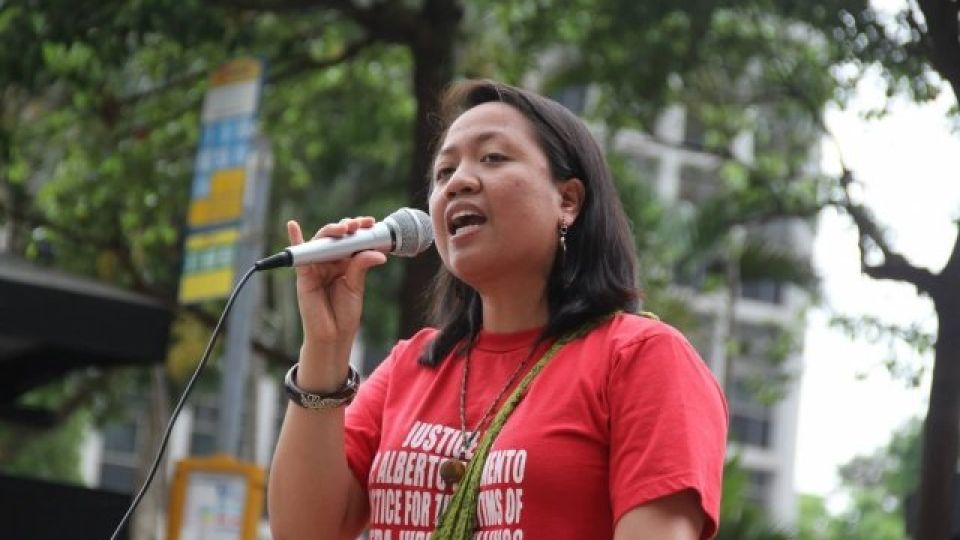November 14, 2024
SEOUL – Fifty-one years ago, during Hong Kong’s “golden era” of social reform, then-Gov. Murray MacLehose established a framework to bring in low-wage foreign workers for domestic and care work. This policy aimed to encourage educated, upper- and middle-class local women to enter the workforce — a rationale similar to that of the Seoul city government’s foreign caregiver pilot program today.
Though now facing different socioeconomic conditions, some South Korean politicians and policymakers have suggested replicating Hong Kong’s policy to provide affordable child care for educated working women. They argue that the policy could free up women to have more children, potentially addressing Korea’s extremely low birth rate, the logic goes.
Shiela Tebia-Bonifacio, a Filipina domestic worker in Hong Kong for 18 years, has been closely following the news about Seoul’s Filipina caregiver pilot program. As chair of a migrant women’s organization, however, she warns South Korea not to repeat the mistakes of Hong Kong, where as of last year there were over 356,231 migrant domestic workers, 98.4 percent of whom are women.
For the past half-century, foreign domestic workers in Hong Kong have been excluded from basic labor protections, such as the statutory minimum wage, while their working conditions, visas, housing, food and personal safety have been tied to and controlled by their individual employers.
The policy has made the territory’s migrant domestic workers “susceptible to horrific treatment in the workplace,” in the words of Princeton University sociologist and women’s studies professor Rhacel Salazar Parrenas, creating what the workers allege is “modern-day slavery.”
Migrant domestic workers assuming household management and care responsibilities has allowed elite upper- and middle-class women in Hong Kong “to take on more prestigious supervisory roles in the household and permit them the freedom to participate in other activities that are considered more interesting, entertaining or lucrative,” University of Pittsburgh anthropology professor Nicole Constable writes in her book “Maid to Order in Hong Kong.”
The status of these elite women has risen somewhat compared to local men, according to her, but overall, Hong Kong’s women are still far from equal to men.
The territory’s gender pay gap – a key gender equality indicator – was still 21 percent as of 2021. The figure would put it fourth to last in the OECD’s 2021 ranking, where Korea is last at 31.1 percent.
The foreign domestic worker policy has also come with a harsh demographic reality: Hong Kong’s fertility rate has steadily dropped — from 5.1 births per woman in 1960 to 0.7 in 2022, the world’s lowest, according to World Bank data.
From teacher to domestic worker
Tebia-Bonifacio, 41, first came to Hong Kong at 23 after graduating from university and working as a high school physics teacher in Manila. Her father had fallen ill with lung cancer, so to cover his medical expenses amid the Philippines’ weak social safety net and low salaries, she followed in the footsteps of her mother — a former domestic worker for 11 years in Hong Kong. She was drawn by the fact that Hong Kong’s foreign domestic workers earned 2-3 times her Manila public teacher’s salary.
But at her very first workplace in Hong Kong, she was met with physical abuse from her employer. With the help of migrant worker support organizations, she fled to Bethune House, a shelter for migrant women, where she met many other fellow female foreign domestic workers who had escaped physical, sexual and psychological abuse as well as labor rights violations at the hands of their employers. Bethune House estimates it provides refuge to 680 distressed migrant women annually.
“It was a really hard adjustment, because you know, being a domestic worker is different from you being a teacher,” Tebia-Bonifacio recalled. “I found myself also, like when I first came here (to Hong Kong), I really had that kind of crisis, that, ‘In the Philippines, I was respected as a teacher, but here, my employer doesn’t treat me well. They don’t treat me as a human.’”
Tebia-Bonifacio had initially migrated to Hong Kong thinking she’d work a couple of years there to save money but ended up trapped in a cycle of what scholar Parrenas calls migration’s “reproduction of poverty.” Unsustainably low wages, the lack of job security, punishing immigration policies and the high cost of living in Hong Kong compounded to prevent her from achieving economic stability and safety.

Migrant domestic workers gather on International Women’s Day to express solidarity for women’s rights and dignity in Central, Hong Kong, March 8, 2020. PHOTO: FACEBOOK/THE KOREA HERALD
‘Modern-day slavery’ in Hong Kong
The life of a migrant domestic worker in Hong Kong is subject to a series of interlocked constraints. First, the work itself is extremely tiring because, as Tebia-Bonifacio said, “I work almost 24 hours a day. That’s from Monday to Saturday.”
Before the then-colony’s handover to mainland China, foreign domestic workers could choose whether to live on their own, but since 2003, the Hong Kong SAR government has made it mandatory for all foreign domestic workers to live in their employers’ homes.
The standard contract for foreign domestic workers stipulates that employers need only provide the worker with “suitable accommodations,” but leaves it up to each employer to define what that means. In Hong Kong, where housing is among the world’s most expensive, 61 percent of domestic workers don’t have private rooms, according to a May 2017 report by Hong Kong’s Mission for Migrant Workers.
“Some of them are sleeping in the living room, some are sleeping in the kitchen, some are sleeping on top of the cupboards or on top of the washing machine, some are sleeping or sharing rooms with the young ones,” Tebia-Bonifacio told The Korea Herald.
Among the workers who lack a private room, 73 percent said they have to share their room with children, 21 percent said they have to share it with other adults and 6 percent said they must share it with co-workers.
Nearly half of the migrant domestic workers surveyed in the Mission report – 48 percent – said having to live with their employer makes them vulnerable to abuse.
“The live-in rule is actually a policy that promotes modern-day slavery,” Eman Villanueva, spokesperson for Hong Kong’s Asian Migrants’ Coordinating Body coalition, was quoted as saying in the Hong Kong Free Press in 2022.

A migrant domestic worker’s “room,” a cupboard in her employer’s kitchen in Hong Kong, is depicted in a May 2017 report by Mission for Migrant Workers. SCREENSHOT FROM “PICTURES FROM THE INSIDE” BY MISSION FOR MIGRANT WORKERS/THE KOREA HERALD
96-hour workweeks
A basic human and labor right in multiple UN and International Labor Organization conventions is the right not to be subjected to excessive work hours. But this right has been taken away from foreign domestic workers in Hong Kong, as there is no statutory maximum number of work hours in the territory.
Whereas Korea has ratified 32 ILO and 10 UN human rights conventions — including ILO C111, which prohibits all forms of discrimination in employment and occupation — Hong Kong, as an ex-colony and now special administrative region, has not independently ratified any.
Parrenas writes that the “unfree” status of migrant domestic workers in Hong Kong, Singapore and the UAE — all places that have been referenced recently in Seoul — shows “an abdication of state responsibility for standards of employment in domestic work and the ultimate designation of this labor as a private household responsibility.”
With Hong Kong not enforcing any international labor laws and treating foreign domestic workers as an exception to the Minimum Wage Ordinance, individual employers have the arbitrary authority to set how many hours their domestic workers work. This situation “allows them to indiscriminately dominate domestic workers,” according to Parrenas.
In Korea, along with the Labor Standards Act, the Act on the Employment Improvement of Domestic Workers, put in force in June last year, sets labor standards for the profession regardless of nationality. The caregivers must be hired through certified agencies; they must be paid at least minimum wage; they are entitled to the four basic insurances; a maximum 40-hour workweek, paid overtime, minimum one day off per week, public holidays off and 15 days of annual leave, among others.
The 98 Filipina caregivers in Seoul’s pilot program are covered by this legislation according to the international labor and human rights conventions in force in Korea. However, some Korean government officials have been quoted in local media as saying they are looking into ways to have foreign caregivers directly hired by, and live in, private households.
Doing so could subject the caregivers to discriminatory conditions similar to those of Hong Kong, Singapore, Malaysia, Taiwan and the Middle East’s kafala system, where their wages, work hours, immigration status, housing, food, personal safety and human rights are left under the arbitrary control of their employers — without state protection.
Hong Kong already averages one of the longest workweeks globally at 42 hours, according to 2018 data compiled by Hong Kong’s Legislative Council Secretariat. But migrant domestic workers work 57 to 128.6 percent more than that — at least 66-96 hours a week — according to data in Mission for Migrant Workers’ May 2017 report.
Tebia-Bonifacio describes a typical day as a continuous stream of tasks with no breaks and barely any time to eat or rest. She starts work at 5 a.m. getting her employers’ two children ready for school, prepares breakfast for the family, takes the kids to school by 7 a.m., does the grocery shopping, goes home to do the laundry, washes the dishes, cleans the house, prepares the kids’ lunch, brings the lunch to the school for the kids, goes home to finish the ironing, picks the kids up from school by 4 p.m., brings the kids to their after-school activities, goes back home to prepare dinner for the family, cleans the kitchen, takes out the garbage, bathes the kids, puts them to sleep, reads them a story and only at that point can she rest at around 9 or 10 p.m. After that, she is then on-call for the rest of the night.
“Because we are live-in, there’s no way for us to … we cannot say, if they knock on our door and say, ‘We need help,’ we cannot say, ‘No,’ because it might also put our job at risk,” she said.


